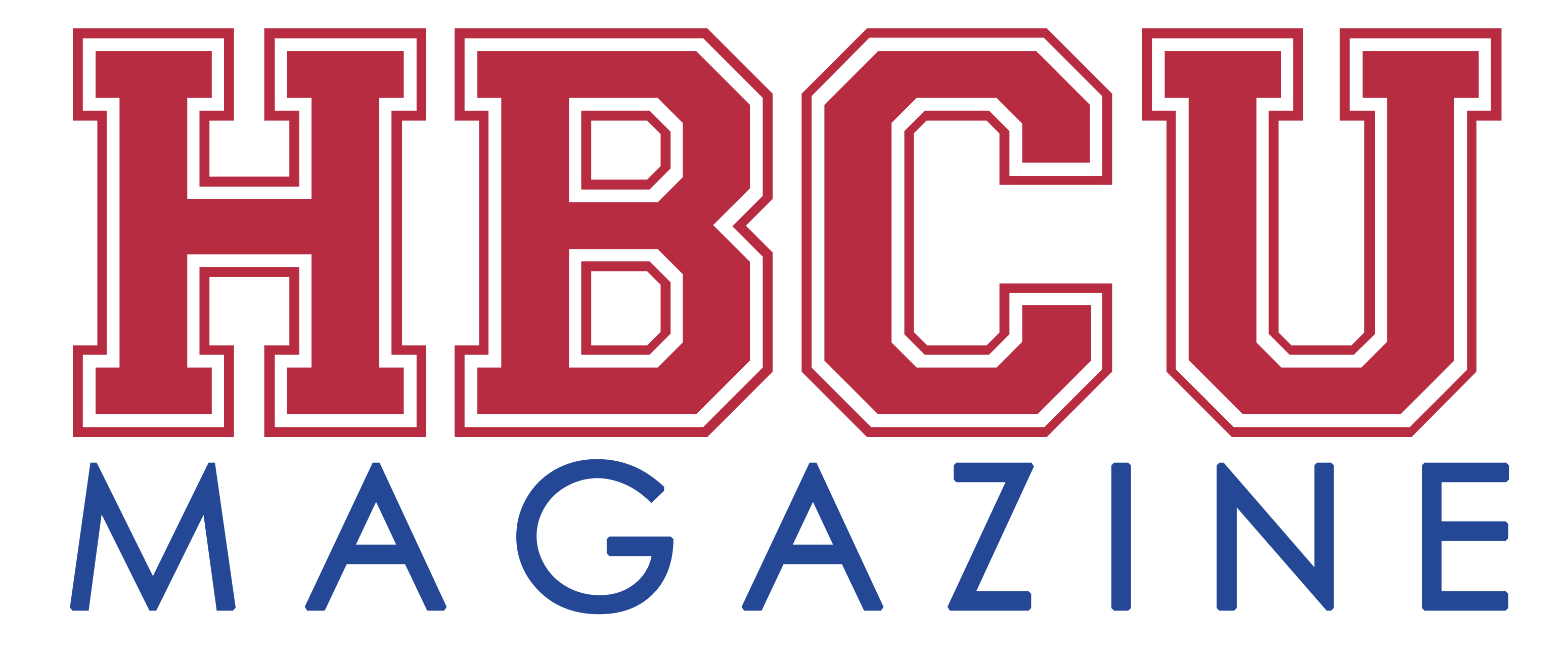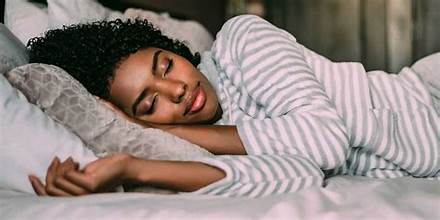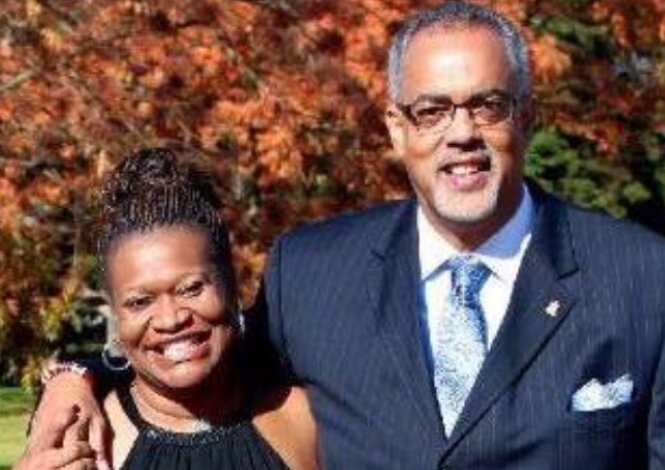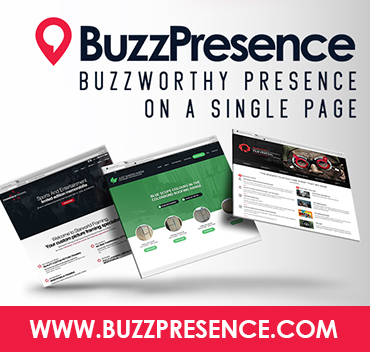The relationship between anxiety and creativity, particularly in the context of artistic expression and mental health, is a topic that has garnered significant interest among researchers, psychologists, and artists alike. While the link between mental health conditions such as anxiety and creativity is complex and multifaceted, several aspects contribute to their interconnectedness.
- Heightened Sensitivity: Creative individuals often exhibit heightened sensitivity to their surroundings and emotions. This sensitivity can lead to increased feelings of anxiety, as they may be more attuned to the world’s complexities and experience emotions more intensely.
- Emotional Turmoil and Artistic Inspiration: It’s often noted that emotional turmoil, including feelings of anxiety, can serve as a wellspring of creative inspiration. Artists may channel their inner struggles and emotions into their art, using it as a means of expression and a way to make sense of their experiences.
- Alternative Mode of Expression: For some, art becomes a coping mechanism to navigate and release their anxious thoughts and feelings. Creating art provides a medium for self-expression and a way to communicate feelings that might be challenging to express verbally.
- Divergent Thinking: Anxiety might lead to increased divergent thinking, which explores multiple possible solutions and associations for a particular problem or concept. This thinking often fuels creativity, allowing individuals to see connections others might miss.
- Productivity and Drive: In some cases, anxiety might motivate creative individuals. It can push them to work harder, delve deeper into their art, and strive for perfection or innovative ideas.
However, it’s crucial to note that while anxiety might have some connections to creativity, it’s not a necessary or exclusive condition for artistic expression. Many artists create profound work without experiencing severe anxiety, and not all individuals who struggle with anxiety are inherently more creative.
Moreover, the relationship between anxiety and creativity is multidimensional and can be both beneficial and detrimental. Excessive anxiety might hinder creative processes, leading to creative blocks or an inability to focus. It’s crucial for individuals struggling with anxiety to seek help and find healthy ways to manage their condition to ensure a balance between their mental well-being and their creative pursuits.
Therapeutic interventions, including counseling, art therapy, mindfulness practices, and other mental health approaches, can help individuals manage anxiety while nurturing and enhancing their creative potential. The goal is to strike a balance where the creative process remains a positive outlet rather than a source of further distress.
Understanding this relationship can shed light on the complexities of the human mind, providing insights into how mental health conditions can influence and interact with creative expression.




